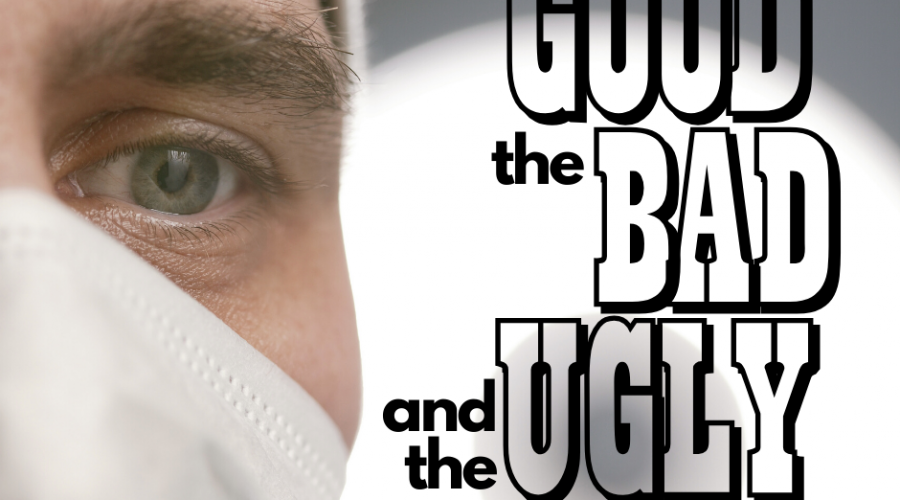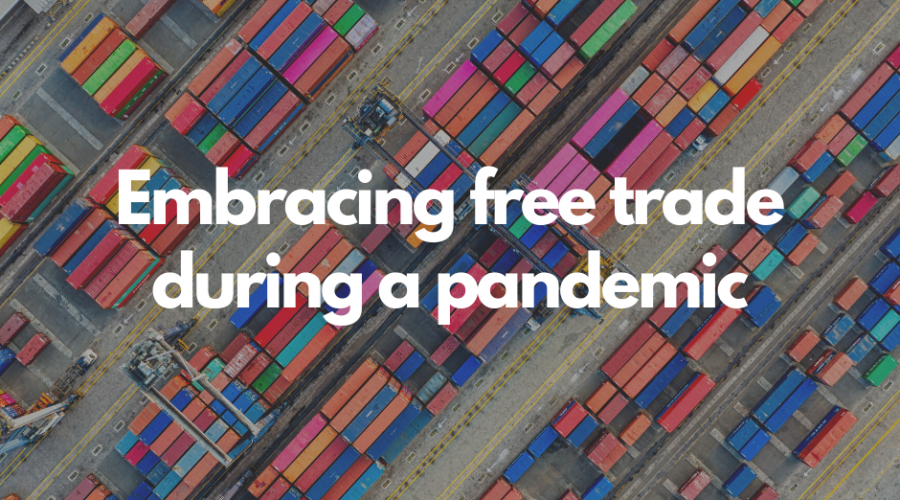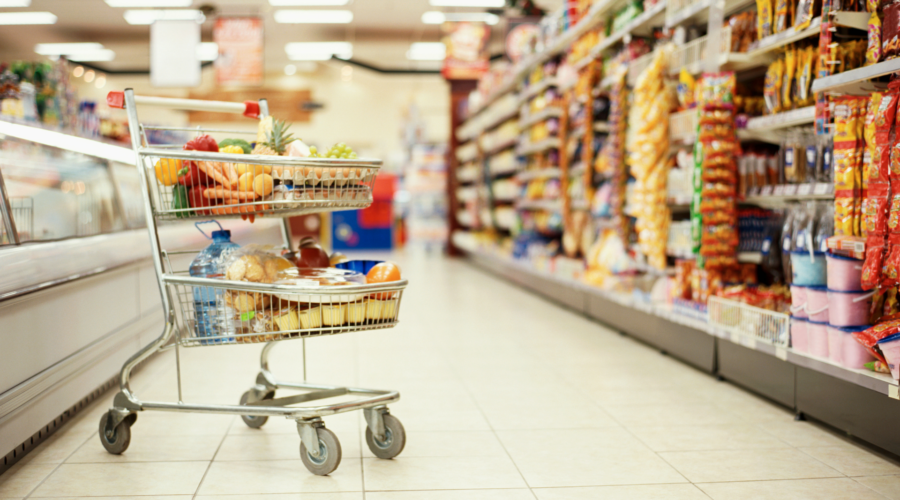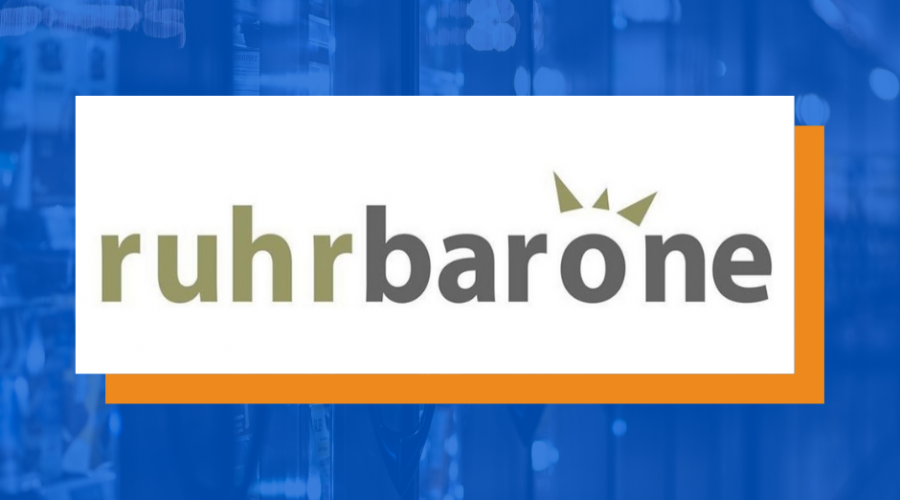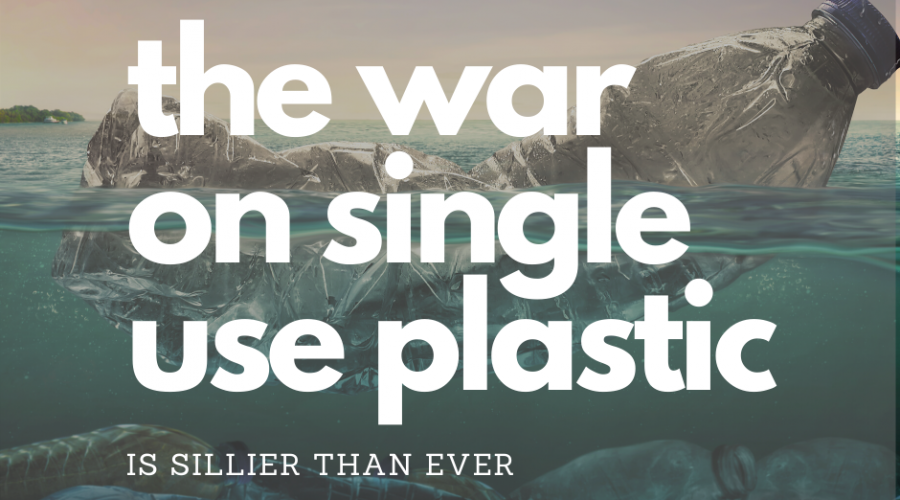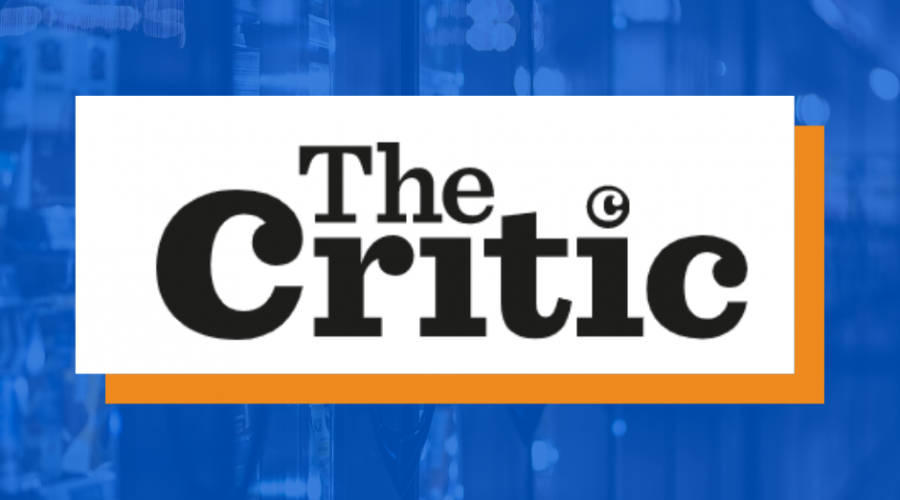In Africa, a locust plague is seriously endangering food security
As Europe is dealing with Coronavirus, Africa is looking at the most devastating locust plague in decades, argues Bill Wirtz
Europeans are panic-buying in the supermarkets around the continent – toilet paper, pasta, and many other items that people fear will soon be out of stock. The retailers are being overrun, but the only real shortage is that of staffers bringing stock back into the shelves. The harvest hasn’t been bad, European toilet paper is produced in Europe, and all delivery companies need to do is work extra shifts (not bad news for the workers in these economically unstable times). In comparison to Africa, Europeans don’t need to worry about food supply.
What is happening on the African continent at the moment, surpasses the wildest nightmare of any European consumer, and should give us a moment to think about agricultural technology and crop protection.
Billions of locusts are swarming East Africa and parts of South Asia, in the worst pest swarm in 25 years. These insects eat the equivalent of their own body weight every day, giving them the potential to grow one hundredfold by the month of June. With countries such as Saudi Arabia, Pakistan, Iran, India, Kenya, Uganda, Somalia, and Yemen already massively affected, and the plague able to reach Turkey shortly, this crisis is set to affect a billion people by the end of spring.
The United Nations’ Food and Agriculture Organisation (FAO) has requested aid of $138 million to tackle the crisis, but with COVID-19 paralysing Europe, it is unlikely that the issue will generate much attention in the coming weeks.
In February, China announced that it was sending experts to Pakistan to try and deploy 100,000 ducks to fight locusts. Even though ducks are known to devour more than 200 locusts a day (while chickens only eat 70), an animal-based solution remains dubious at best. A genuine way to fight this plague is chemical crop protection, more specifically insecticides. But that comes with certain political baggage.
In order to fight these insects, farmers in Africa and Asia are using insecticides such as fenitrothion and malathion. Countries such as India have imposed restrictions on these chemicals, allowing use only in times of plagues. The downside of this kind of legislation is that reduced general use creates shortages in times of need – the supply of both conventional and biopesticides is low, as demand is met on specific orders from governments and farmers. In the European Union, the use of fenitrothion and malathion is illegal in all circumstances, which excludes the possibility of quickly supplying farmers in need.
Such crop protection tools are and have long been controversial in Europe. Environmentalist groups have slandered chemicals and their manufacturers in the media, misinforming the public over safety features and the reality of farming. Without pest control, Africa and Asia would have had much more problematic food insecurities in the past. The solution lies in scientific research, and the abilities of farmers to use the tools they need.
Just last month, the Nigerian Biosafety Management Agency (NBMA) approved the commercial release of genetically modified cowpea, a variety resistant to the Maruca pod borer, an insect that destroys crops. To combat locusts, genetic engineering is also an important tool: gene editing through CRISPR/Cas9 can fight locust plagues by inducing targeted heritable mutagenesis to the migratory locust. In plain English: gene-editing technology could be used to reduce the number of certain insects that eat crops in Africa and Asia. Genetic engineering will also reduce our need to use certain chemical crop protection tools, which need precise application in order not to pose a threat to human health.
In order for innovation to take place, we need to embrace scientific research, and not stigmatise the use of modern crop protection tools.
There is a growing trend in civil society advocacy that promotes using no pesticides, no synthetic fertilisers, and no genetic engineering. This approach does not reflect the reality of what farmers in many countries in the world need in order to successfully produce food.
As climate change alters areas in which certain insects are present, Europe too will be confronted with this debate in a way that will be politically uncomfortable. In that situation, the ostrich head-in-sand tactic will not be the answer.
We need bold advocates for biotechnology in the interests of farmers and consumers around the world.
Originally published here.
The Consumer Choice Center is the consumer advocacy group supporting lifestyle freedom, innovation, privacy, science, and consumer choice. The main policy areas we focus on are digital, mobility, lifestyle & consumer goods, and health & science.
The CCC represents consumers in over 100 countries across the globe. We closely monitor regulatory trends in Ottawa, Washington, Brussels, Geneva and other hotspots of regulation and inform and activate consumers to fight for #ConsumerChoice. Learn more at consumerchoicecenter.org


